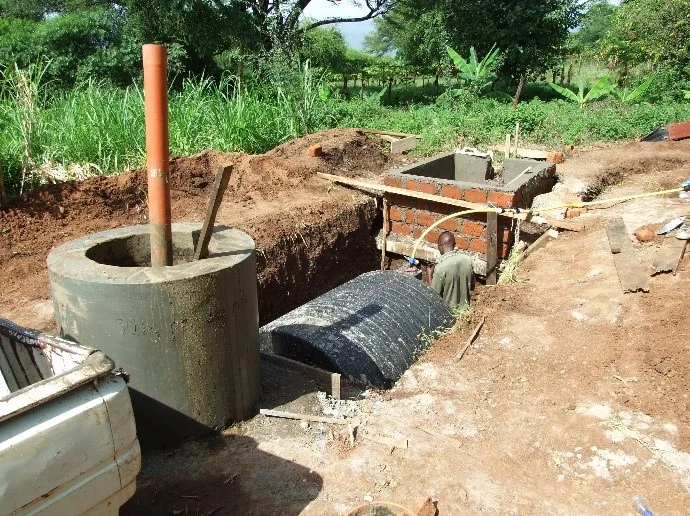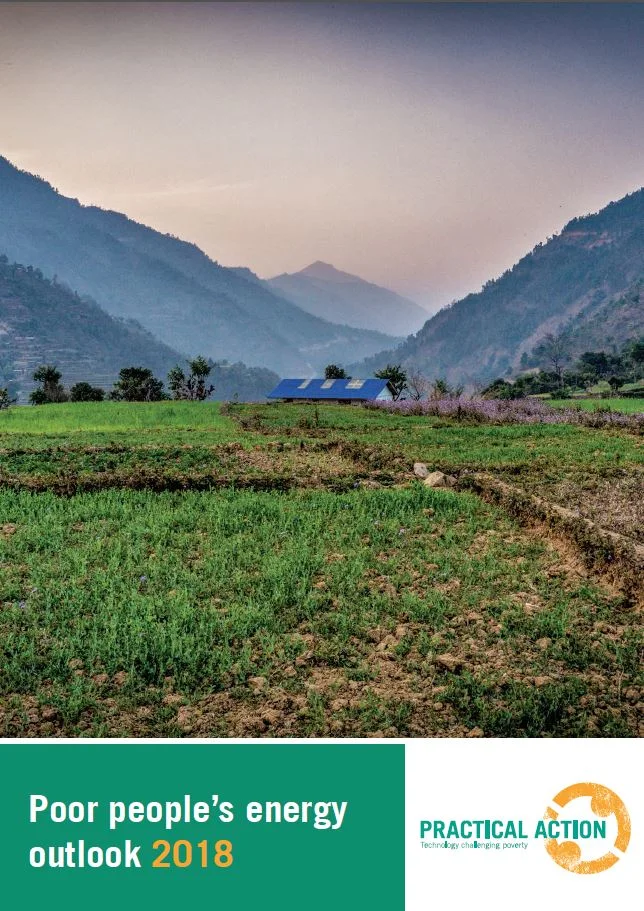HEED (Humanitarian Engineering and Energy for Displacement) is a joint project between Coventry University, Practical Action and Scene. Its aims are to increase the access of affordable and sustainable energy for forcibly displaced people in Rwanda and Nepal and to introduce new principles for the design, procurement and provision of energy for forcibly displaced communities worldwide.
Scene has been working with the New Cumnock Community Council (NCCC), over the last three years to identify, understand and negotiate potential wind generation projects in the New Cumnock region. Supported by CARES and with an initial aim to understand shared ownerships opportunities in the nearby Ashmark Hill Wind Farm, Scene is now providing a strategic supporting role to NCCC in relation to a number of local shared ownership and community ownership opportunities.
This project involved a fourth shared turbine to add to the three that were completed in the first Stewart Energy project in 2014/15. The arrangement was exactly the same, with the Stewart family offering 25% ownership to Lesmahagow Developmentt Trust (LDT) in exchange for part-funding.
In 2017, Scene conducted a full land options feasibility study for a UK-based academic institute. The study focused on offsetting university carbon emissions through investing in, and developing, land in Scotland. The university's emissions in 2017 totalled 200,000tCO2e/annum.
Indian agriculture is currently responsible for 22% and 85% of India’s total electricity and water consumption respectively. A main objective of SCORRES is the development of financially viable, robust, location specific irrigation systems for the Indian agricultural sector, based on clean energy and storage.
Smart Biogas Networks aims to create a system, built on digestor integrated sensors, that allows better fault prevention and detection in the biogas market - leading to more efficiencent operation and happier customers. This pilot project is taking place in Tanzania alongside leading UK and international partners.
The Poor People's Energy Outlook series (PPEO) was launched in 2010 to shine a light on energy access from the perspectives of the poor. By drawing on the realities of energy-poor people, the PPEO series has been hugely influential in re-framing the energy access narrative.
Towards Resilience was funded by the Scottish Government International Development Small Grants Programme and focussed on identifying and overcoming end–of-life problems related to renewable energy technology deployed in the state of Odisha, North East India through the development of an information gateway.
The island of Iona has an ambitious aim of becoming entirely energy self-sufficient through use of renewable energies and storage. We have worked with Iona Renewables, a representative local group, in developing a roadmap that would allow their aims to be achieved. The roadmap includes various technologies and project types covering local generation, storage, supply and use of electricity and heat.
This report focused on three key activities which reflect the varied opportunities that exist for an Orkney ESCo:
1. The potential for a private wire network connecting Council-owned properties to new wind generation;
2. The potential for an energy supply company (focused on electricity supply but also considering the potential for supply of heat); and
3. The potential to develop scale wind (~20MW) projects.
As part of the Scottish Government's Geothermal Challenge Fund , the project won funding to undertake a feasibility assessment on mine water geothermal potential in the area around Hartwood Farm. The project team comprised Scene, Townrock Energy, Ramboll, Holymoor Consulting and British Geological Survey.
As part of the CARES Local Energy Challenge Fund, Blackwood won funding to explore the feasibility of a local energy system at their care home properties. Scene were brought into the project in Autumn 2015 and helped Blackwood to assess the options and design local energy systems at two properties.
A local landowner and the renewable energy company Greencat renewables have offered a 10% stake in this project to Airlie Street Hall Association (ASHA). Scene has been working with ASHA since 2015 to make this a reality. The project is set to be commissioned by the end of 2016.
Developer Muirhall Energy has made 10% stakes in two of their wind farms available to nearby communities. Commissioned by Upper Eskdale Development Group in 2015, Scene have been working with several local groups - looking to ready them to be in a position to take up the shared ownership offer if the projects receive planning permission
In 2015, Scene conducted a detailed feasibility study for a local community group, providing options for a small scale hydropower project near Kyle of Sutherland, in the Scottish Highlands. Several designs were created, ranging from 95kW to 450kW.
Aiding a Perthshire-based community organisation to plan and negotiate the aquisition of a large scale wind farm - with the potential to be the largest community owned wind farm in the UK.
Scene are currently working in partnership with the James Hutton Institute to develop a demonstrator project at a North Lanarkshire farm, involving multiple renewable electric and heat technologies.
Scene engaged and involved local communities in an ongoing wind turbine project near to Dingwall in the Scottish Highlands.
Scene helped a community organisation assess the potential for construction of a 2MW wind turbine within a large scale wind farm in County Antrim, Ireland.
An ongoing project to install two micro-hydro power schemes on an estate in the North West of Scotland





















